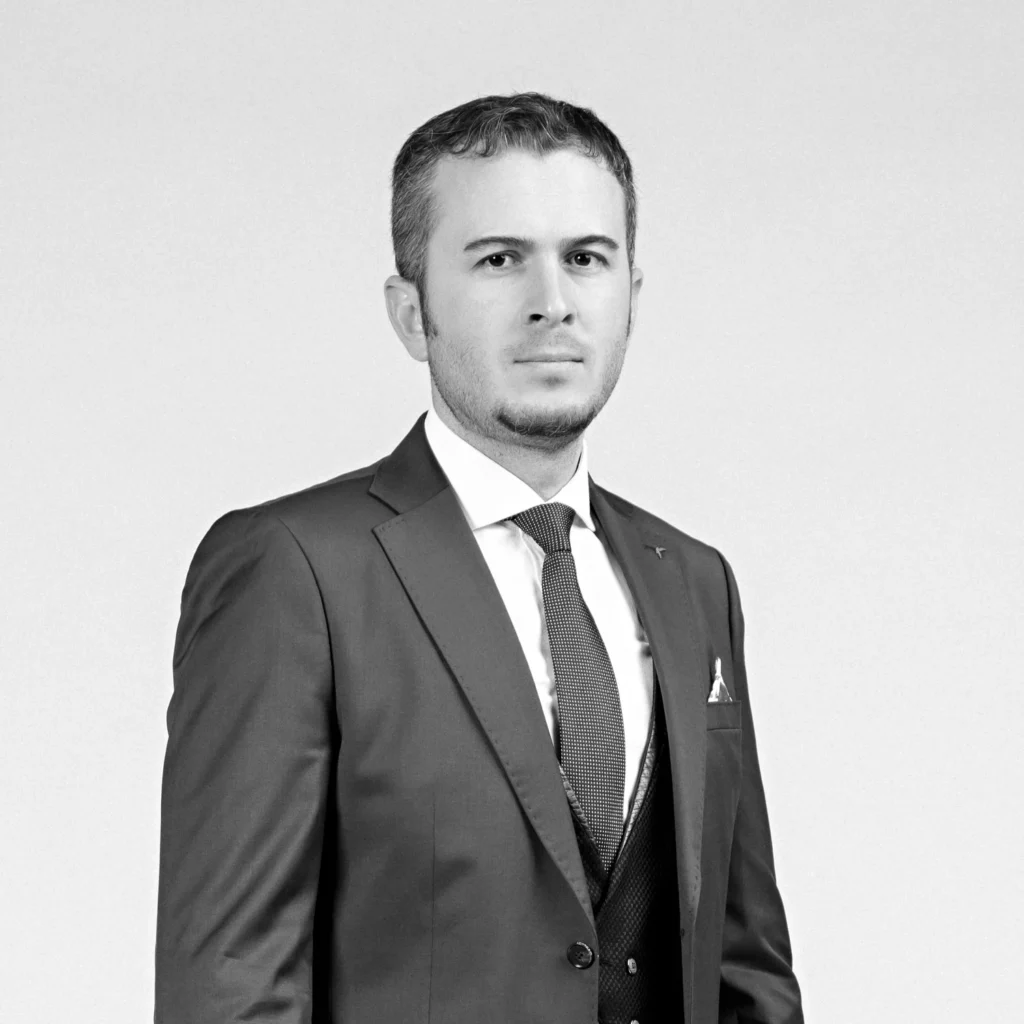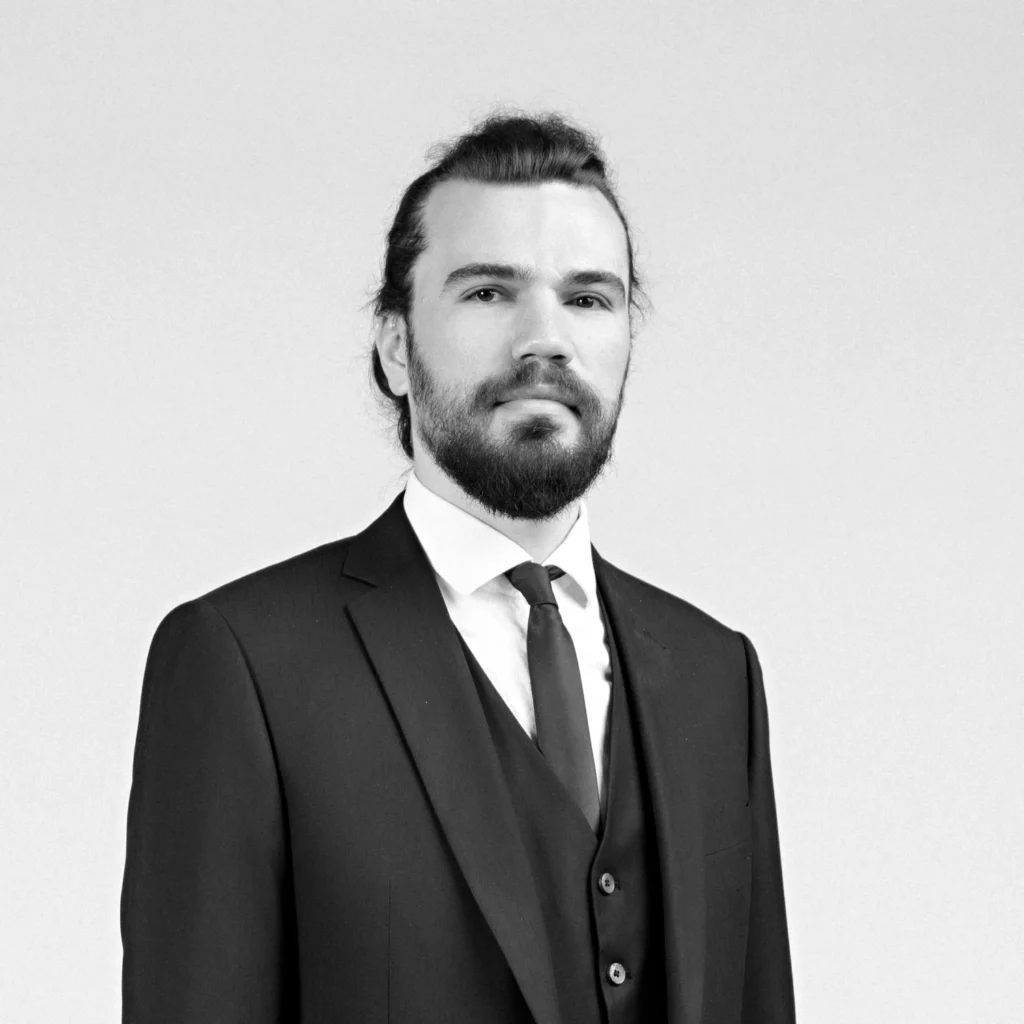Criminal law, which also known as penal law, is the branch of law that regulates illegal acts that constitute a crime and the sanctions related to these acts. It is concerned with whether there is a criminal injustice and, therefore, whether the necessary conditions exist for a criminal law sanction to be applied for this injustice committed against a person.

I. What is Turkish Criminal Law?
Turkey is a state of law. Penalties are also regulated by law. Turkish Penal Code regulates crimes and punishments in Turkey. Criminal law, which includes the regulations necessary for the punishment of an act, is divided into two as general provisions and special provisions. The general provisions of the penal code are the provisions that find application in terms of all crimes such as fault, attempt, participation. Special provisions of the penal code, on the other hand, include regulated general crimes and special penal laws.
The Code of Criminal Procedure regulates a number of activities carried out to determine the crime and the criminal. It regulates the rules on how the criminal procedure will be conducted and the rights, powers and obligations of the persons participating in this process. Criminal defense attorney defend their clients in this process. Criminal law attorney enter criminal cases, act as attorneys for complainants or victims, follow criminal law procedures and perform defense duties.
BAL Law Firm provides criminal law services in İstanbul, Turkey : Criminal Defense Attorney . Our criminal law solicitors, who are experts in their fields, assist you in the investigation and prosecution phase.
II. What is Crime?
In terms of criminal law, a crime is an injustice for which a criminal law sanction is envisaged. Whether a criminal injustice has occurred or not can be determined by evaluating the elements of the law norm in which each injustice is defined in each concrete case.
The crimes are counted in the Turkish Penal Code. The basic elements that make up the crime consist of the material element, the moral element and the element of illegality. These are mandatory elements that must be present in every crime.
The material elements of the crime are the objective elements that shape the injustice. These elements are: the act, the result, the causal link between the act and the result, the perpetrator, the victim, the subject of the crime.
As an element of crime, illegality means that the act committed is in conflict and conflict with the legal order. If the act committed is in conflict with the legal order, the illegality element is completed.
III. Types of Intent in Criminal Law
Another element of crime is the moral element. It is knowingly and willfully done by a person who has the ability to impute the current unlawful act. The moral element of the crime may be intent or negligence.
Caste is the knowing and willful realization of the elements in the legal definition of the crime. Caste is divided into direct and probable caste. In direct intent, the perpetrator has full knowledge of the material elements of the crime. In probable caste, the perpetrator accepts this situation and carries out the action, although he foresees that other consequences may occur besides his main goal.
Negligence is the fact that the perpetrator voluntarily caused the illegal act that complies with the definition of crime, but did not foresee the result or did not want it even if he predicted it.
IV. Civil and Criminal Law Difference
Law is divided into public and private law. Public law is the field of law that regulates the relations between the governed and the governed (state). Private law is the field of law that regulates relations between members of society with equal rights.
Criminal law, is included in public law. Because in criminal law, the power to impose punishment belongs only to the state. Civil law, on the other hand, is included in private law as it regulates interpersonal relations.
In civil law, a case commences when a complaint is filed by a party, which may be an individual, an organization, a company or a corporation, against another party. The party complaining is called the plaintiff and the party responding is called the defendant and the process is called litigation. In contrast, in criminal law, the case is filed by the government, referred to as prosecutor, against a defendant. An individual can never file criminal charges against another person: an individual may report a crime, but only the government can file criminal charges in court.
V. Criminal Courts in Turkey
The criminal courts responsible for hearing criminal cases are the Criminal Courts of First Instance and Heavy Penal Courts. There are also some special courts that are responsible for hearing criminal cases based on the nature of the crime or the status of the person who committed the crime. These courts include the Peace Criminal Court, Juvenile Court, Juvenile Heavy Penal Court, Execution Criminal Court, Execution Judge, Regional Courts of Justice Criminal Division, and Intellectual and Industrial Property Rights Criminal Courts.
Peace Criminal Court
The Peace Criminal Court does not hear criminal cases because the case has not yet entered the prosecution phase. This is the place where decisions on protective measures during the investigation stage are made. The Peace Criminal Court examines and decides on requests such as detention, custody, and search. In addition, it is also the authority that decides on appeals against administrative fines and administrative supervision decisions. Appeals are also made to the Peace Criminal Court against administrative fines and administrative supervision decisions.
Criminal Courts of First Instance
Criminal Courts of First Instance hear cases involving less severe crimes. According to the law, crimes that do not fall within the jurisdiction of Heavy Penal Courts are tried in Criminal Courts of First Instance.
Heavy Penal Courts
Heavy Penal Courts are responsible for trying crimes with a maximum sentence of more than 10 years, as specified in the law. However, some crimes listed in the law are tried directly in Heavy Penal Courts regardless of the length of the sentence. For example, the offense of complicity, according to the Criminal Procedure Code No. 5235, is one of the crimes tried in Heavy Penal Courts.
VI. How to file Criminal Case in Turkey?
To initiate a criminal case, the nature of the crime committed is important. If the crime is subject to a complaint, the public prosecutor initiates an investigation upon the complaint of the victim. If the crime is not subject to a complaint, the public prosecutor initiates an investigation ex officio. For crimes not subject to complaint, the complaint mechanism can be used to bring the matter to the attention of the prosecutor’s office.
During the investigation phase conducted by the public prosecutor’s office, whether the crime was committed, which crime was committed, who committed it, where and how it was committed are investigated. If there is sufficient suspicion that the person committed the crime, the public prosecutor prepares an indictment and submits it to the criminal court. Sufficient suspicion means that the likelihood of the person being convicted is higher than the likelihood of being acquitted. Once the indictment is accepted by the criminal court, the investigation phase ends and the prosecution phase or the criminal trial process begins. If sufficient evidence cannot be collected during the investigation phase to establish that the crime was committed, the investigation is concluded, and a decision of non-prosecution is made.
IV. Criminal Defense Lawyer
While there is no official specialization in criminal law for lawyers in Turkish legislation, lawyers who handle criminal cases and attend court hearings are often referred to as “ceza avukatı” or “ağır ceza avukatı” (meaning “criminal lawyer” or “heavy criminal lawyer”) by the public.
The answer to the question “What is a criminal lawyer and what do they do?” can be given as follows: criminal law is a field that involves interfering with a person’s fundamental rights and freedoms. Therefore, criminal lawyers are in close contact with perhaps the most sensitive points of the law. Criminal lawyers defend the rights of suspects who are subject to criminal investigations in matters that are considered crimes and penalties by law, and guide them in exercising their rights to complain, while guiding victims on the path they should follow. Since the sanctions imposed by criminal law involve depriving individuals of their freedom, it is essential to act very carefully and work with competent lawyers. BAL Law Firm in Istanbul, as a recommendation for criminal law cases, provides professional services to its clients with experienced lawyers who have specialized in criminal law.
The duties of criminal lawyers include proving the innocence of the accused, examining the causes of the crime through the lens of the law, and working on the organization of the statements of witnesses and evidence presented during the commission of the crime. They also benefit their clients by analyzing legal gaps or incorrect evaluations, and by taking advantage of the benefits or disadvantages provided by the law in criminal cases.
For more information about criminal lawyers, you can check out our “Criminal Defense Attorney” legal services.
Get support from our expert lawyers in the field of criminal law
BAL Law Firm is based in Bakırköy, Istanbul, but we provide legal services in criminal investigations and trials throughout all regions and cities of Turkey.




